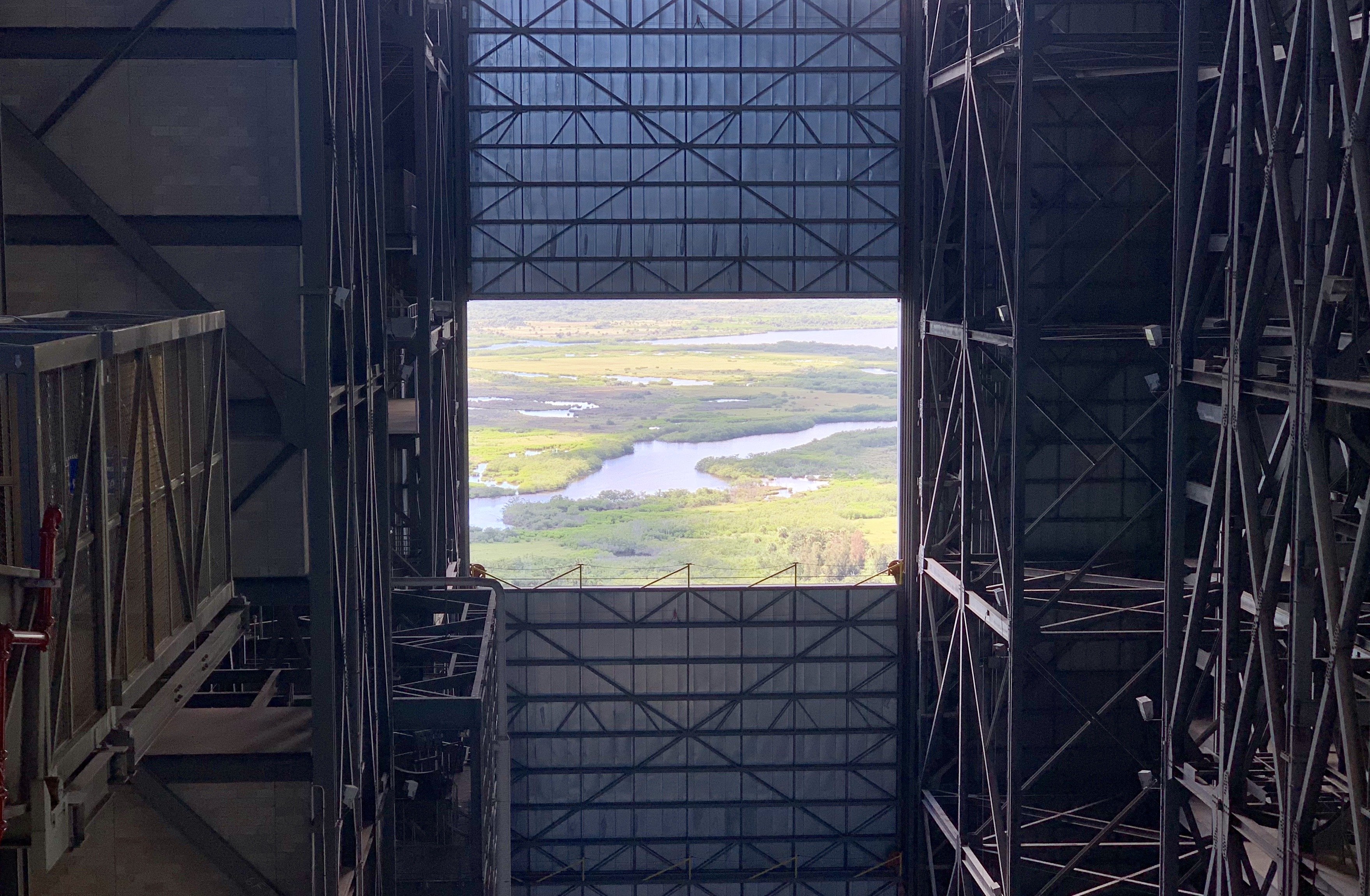

The Starship concept of operations requires 11 launches for each mission to the moon - one for the vehicle, another 10 to refuel it once it get into earth orbit. Each of these missions have to autonomously dock and perform a cryogenic fuel transfer.
Nobody, and I mean nobody, has shown an operationally-viable in-space cryo transfer. Even doing it on Earth is a fussy thing - cryo transfer was behind two of the Artemis I scrubs, and NASA’s been doing it since Apollo.
Getting one Starship into orbit is an interesting milestone but it’s a long way from what they promised the world they could do… and the clock is ticking.



It’s the odds-on favorite for the next generation of radiation-hardened space computers (HPSC). Potential to be a 25x improvement over current capabilities. Guessing most of the use cases will be niche like that, but who knows.